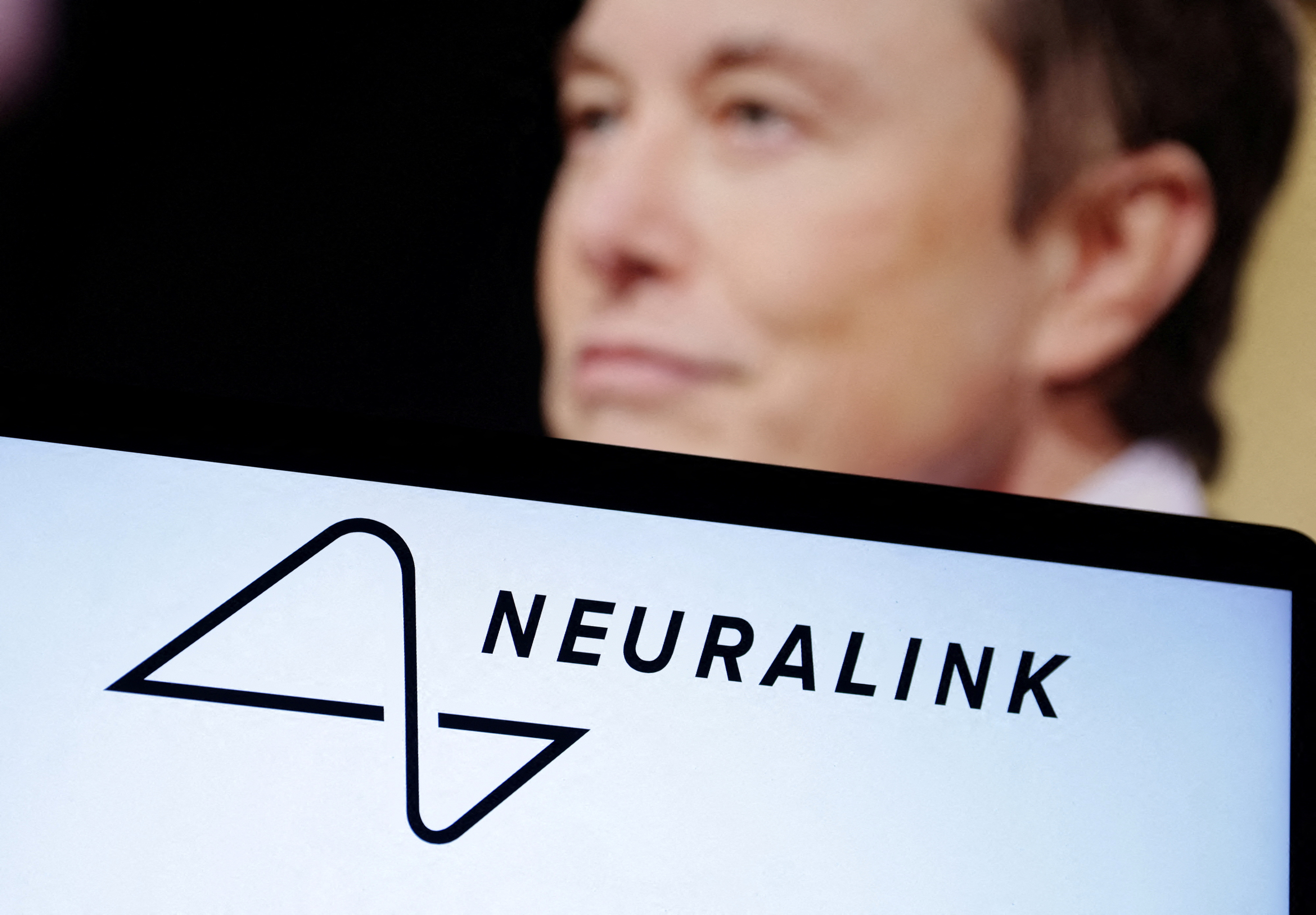Elon Musk's Neuralink has been granted permission by the U.S. Food and Drug Administration (FDA) to implant a chip in the brain of a second patient, as it was reported by The Wall Street Journal.

Enhanced Implantation Procedure
Neuralink's second implantation procedure will involve inserting the chip's thread-like electrodes 8mm deep into the motor cortex of the patient's brain. This adjustment contrasts with the first implantation procedure in which the electrodes were inserted at a depth of 3-5mm. The modification is designed to ensure a more secure fit for the electrodes, potentially enhancing the device's functionality and stability.
Neuralink has been selective in choosing candidates for this experimental procedure. Out of over 1,000 responses from patients with paralysis, fewer than 100 met the stringent criteria required for participation. Despite this, Neuralink remains open to new applicants, as confirmed by a recent social media post from Elon Musk on May 17, inviting further applications.
Neuralink is accepting applications for the second participant.
— Elon Musk (@elonmusk) May 17, 2024
This is our Telepathy cybernetic brain implant that allows you to control your phone and computer just by thinking.
No one better than Noland (@ModdedQuad) himself to tell you about the first! https://t.co/k9DaZ3xr5g
Expansion Plans
Neuralink's ambitions extend beyond the United States. The company plans to submit regulatory applications in the UK and Canada in the coming months, seeking approval to operate in these countries. By the end of the year, Neuralink aims to have implanted its neurochip in ten individuals, broadening its testing pool and advancing its research.
Neuralink publicly unveiled its brain-computer interface technology in July 2019, showcasing "threads" designed to read information directly from the brain and a specialized neurosurgical robot for implanting these threads. The primary goal is to aid individuals with paralysis, enabling them to use computer technology through thought alone. This innovative approach promises to allow users to "write" text messages and "scroll" through web pages using only their minds.
Neuralink initially applied to test its technology on humans in 2022 but faced rejection. However, in May 2023, the company received the green light from the FDA to begin human trials. By the end of September 2023, Neuralink started recruiting volunteers for these tests.
First Volunteer Success Story
The first successful implantation occurred at the end of January 2024 in 29-year-old Nolan Arbaugh, who was paralyzed due to an accident. Within weeks of the procedure, Arbaugh was able to control a computer cursor with his thoughts. He now uses the implant to play chess, Civilization VI, and Mario Kart on a Nintendo Switch, as well as to broadcast his activities.
Comments (0)